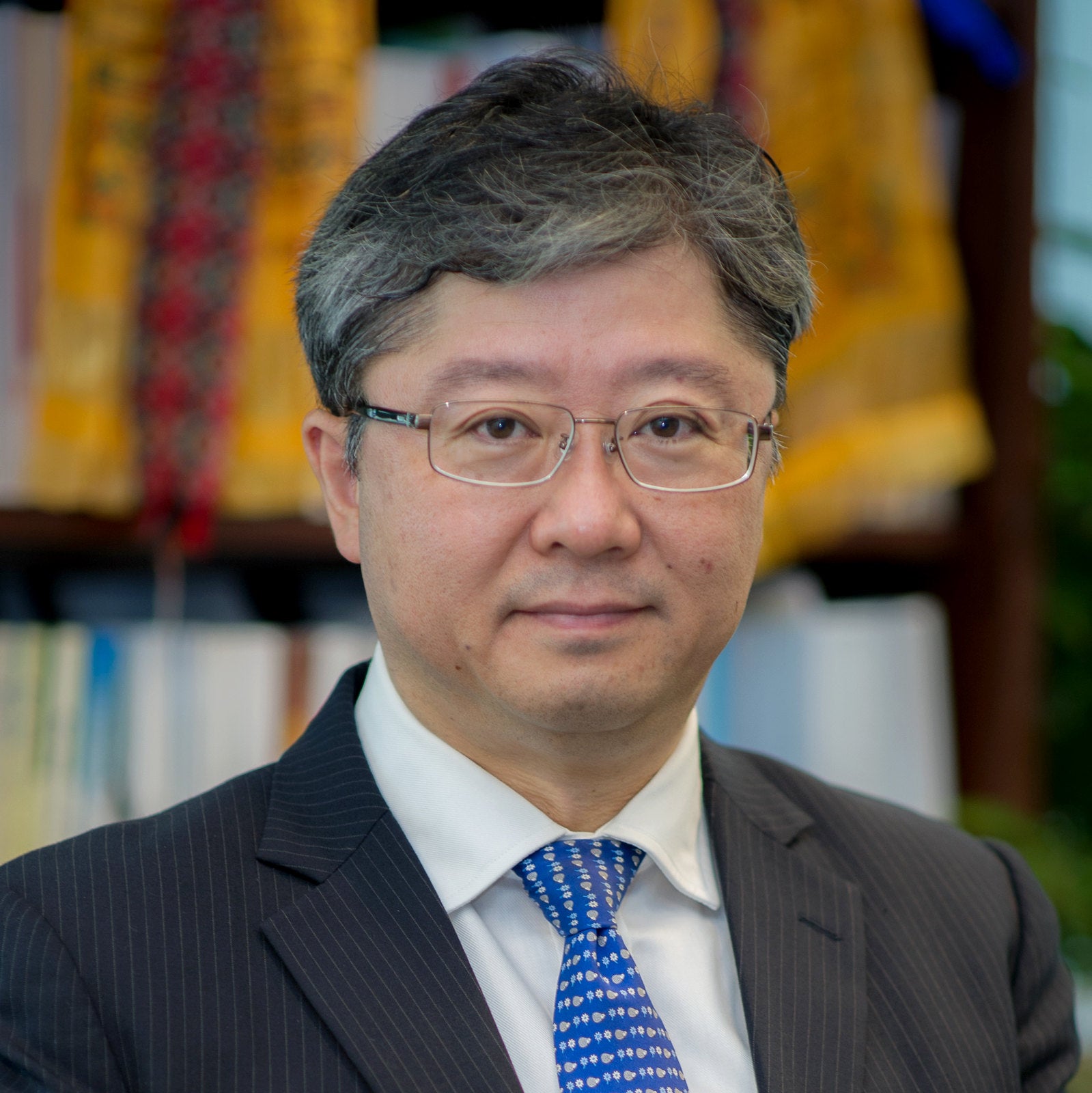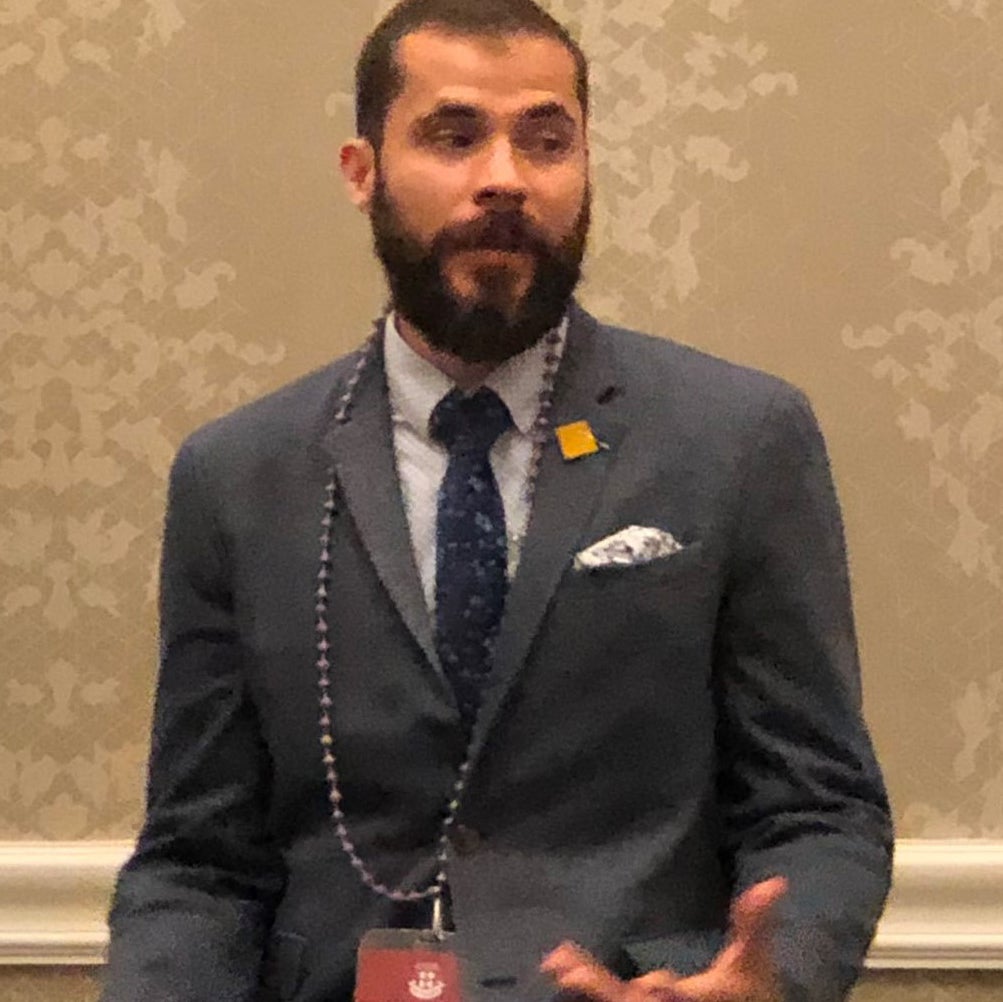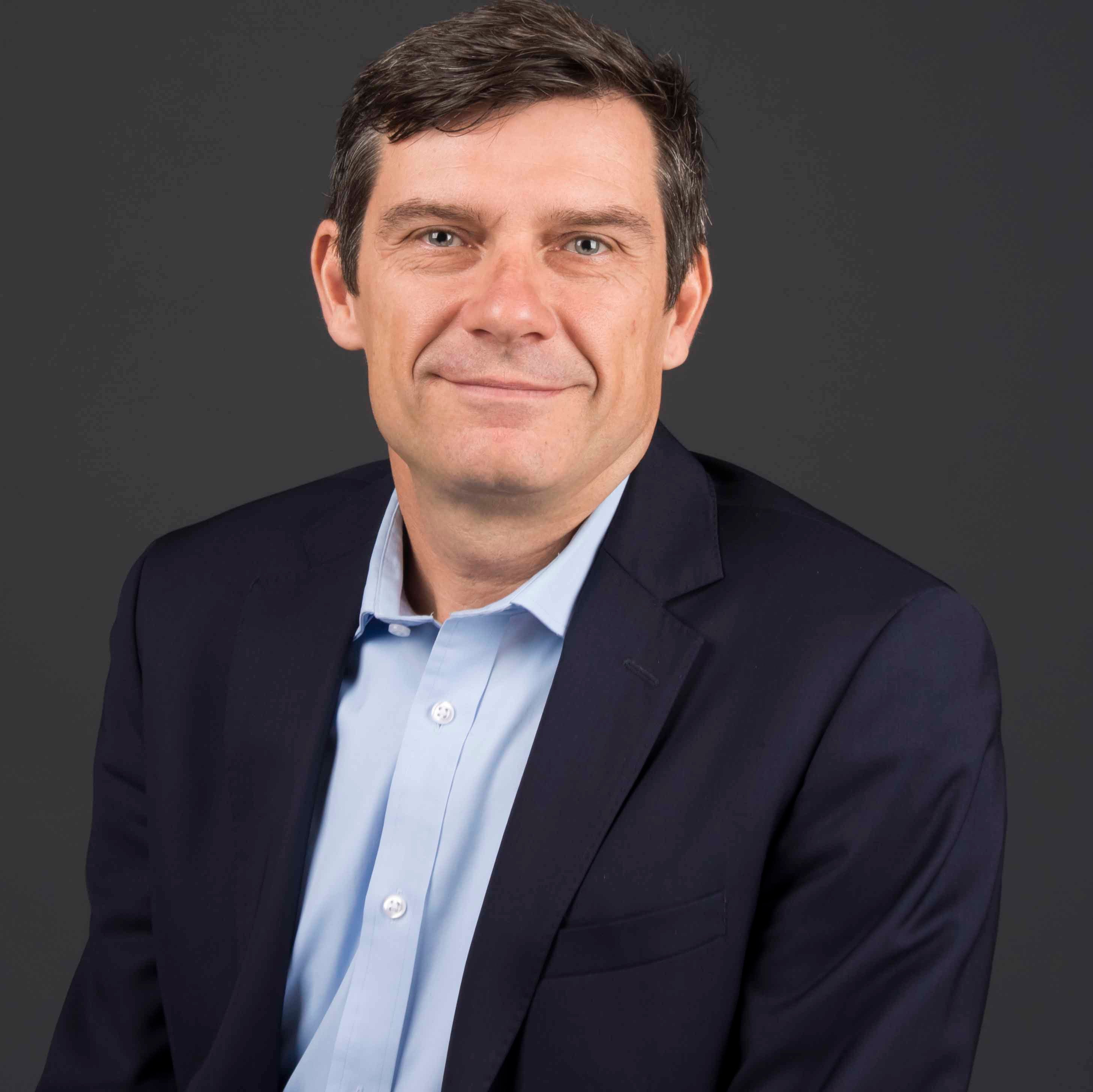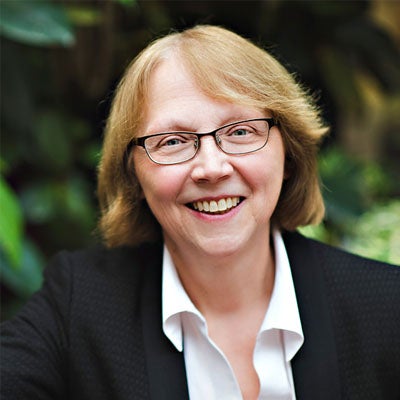Green
and
social
finance
has
grown
rapidly
in
recent
years,
especially
in
the
private
sector.
As
economies
across
Asia
and
the
Pacific
work
to
recover
from
the
COVID-19
pandemic,
how
can
governments
nurture
green
and
social
finance
to
ensure
that
the
recovery
is
inclusive,
resilient,
and
sustainable?
The
Asian
Development
Bank
(ADB)
explored
these
issues
in
a
recent
report
forecasting
the
drivers
and
impacts
of
green
and
social
finance
and
its
prospects
in
the
region.
The ADB North American Representative Office has partnered with the University of Waterloo, MEDA (Mennonite Economic Development Associates), and the International Development Research Centre (IDRC) to bring you a webinar to explore the report’s findings.
This event is free to anyone.
This
webinar
will
feature:
- A presentation by Yasuyuki Sawada, Chief Economist for the ADB;
- Followed by a discussion featuring: Bhim Adhikari, Senior Program Specialist of IDRC; Jessica Villanueva, Director, Impact Investing, and Daniel Fuentes, Senior Project Manager, LEAP, of MEDA.
Dr. Sawada's full presentation can be found here in PDF format.
Moderating the discussion is:
- Olaf Weber, Professor, School of Environment, Enterprise and Development, and Research Chair in Sustainable Finance at University of Waterloo
With introductory remarks by:
- Jean Andrey, Dean, Faculty of Environment at University of Waterloo

Participant bios:
Yasuyuki Sawada: Chief Economist of the Asian Development Bank

Jessica Villanueva: Impact Investment Technical Director for Mennonite Economic Development Associates

Daniel Fuentes: Senior Project Manager, LEAP for Mennonite Economic Development Associates

Olaf Weber: University Research Chair in Sustainable Finance for The School of Environment Enterprise and Development at Waterloo

Bhim Adhikari: Senior Program Specialist at Canada’s International Development Research Center (IDRC)

Jean Andrey: Dean, Faculty of Environment, University of Waterloo

This event is co-hosted by the University of Waterloo School of Environment, Enterprise and Development (SEED), International Development Research Centre (IDRC), and Mennonite Economic Development Associates (MEDA).